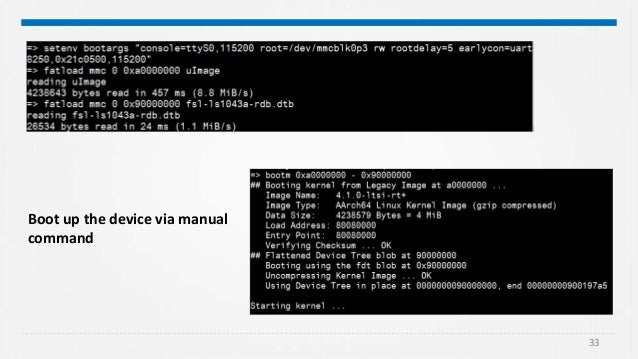

You can substitute setting the environment variable 'ACCEPT_EULA' with setting the debconf variable 'msodbcsql/ACCEPT_EULA' instead: echo msodbcsql18 msodbcsql/ACCEPT_EULA boolean true | sudo debconf-set-selections Red Hat Enterprise Server and Oracle Linux sudo su # optional: kerberos library for debian-slim distributions # optional: for unixODBC development headers Sudo ACCEPT_EULA=Y apt-get install -y mssql-tools18Įcho 'export PATH="$PATH:/opt/mssql-tools18/bin"' > ~/.bashrc

Sudo ACCEPT_EULA=Y apt-get install -y msodbcsql18 #Choose only ONE of the following, corresponding to your OS versionĬurl > /etc/apt//mssql-release.list #Download appropriate package for the OS version Sudo apk add -allow-untrusted mssql-tools18_18.1.1.1-1_amd64.apkĭriver version 17.5 or higher is required for Alpine support. Sudo apk add -allow-untrusted msodbcsql18_18.1.1.1-1_amd64.apk #(Optional) Verify signature, if 'gpg' is missing install it using 'apk add gnupg': The following sections explain how to install the Microsoft ODBC driver 18 from the bash shell for different Linux distributions.Īlpine Linux #Download the desired package(s) If you want to download the packages directly, see Download ODBC Driver for SQL Server. This article provides commands for installing the ODBC driver from the bash shell.

It also includes instructions for the optional command-line tools for SQL Server ( bcp and sqlcmd) and the unixODBC development headers. The general syntax of using the apt command to install packages is.This article explains how to install the Microsoft ODBC Driver for SQL Server on Linux. deb, specify its path using “./” with the name. deb, it installs the packages with their primary name like MongoDB, VLC, because apt command updates the /etc/apt/sources.list file and install the packages included in it, so if we want to install any package with the extension like. Installing a package using aptĪpt (advanced packaging tool) is the default tool of the command-line used to install the different packages, remove, update and upgrade them.Īpt do not install the files with extensions name like. In this article, we will discuss all the ways of installing the packages in Debian 11 with the help of examples. There were different package managers used in Debian 11 to install packages like apt, snap, gdebi, aptitude, and dpkg, some of them are by default in Debian and others have to be installed. This tool helps to install, delete, configure or upgrade different packages, these package managers can either be a command-line or can be a GUI (graphical user interface). Installing packages means making the programs ready to use, in Debian 11 (the latest version of Debian bullseye) we can install the new package using a tool known as package manager.


 0 kommentar(er)
0 kommentar(er)
